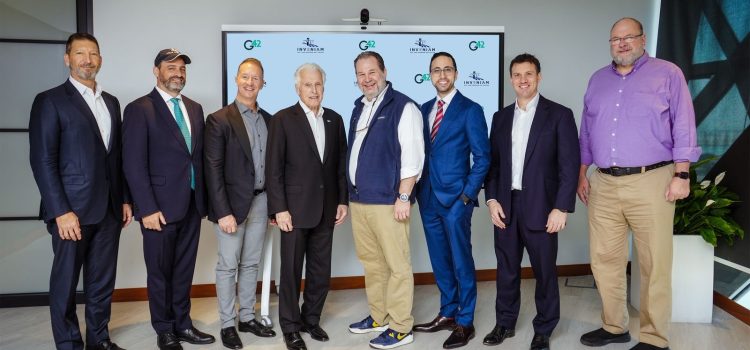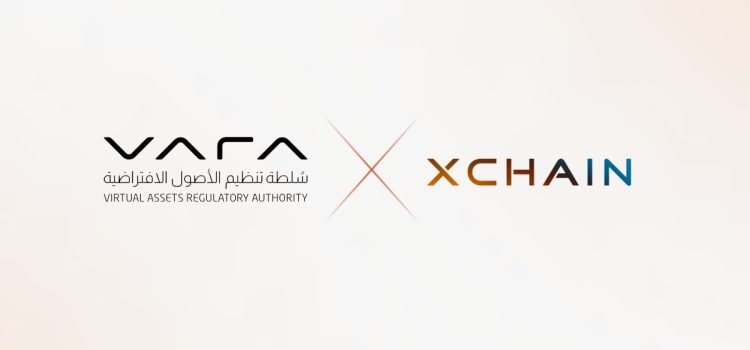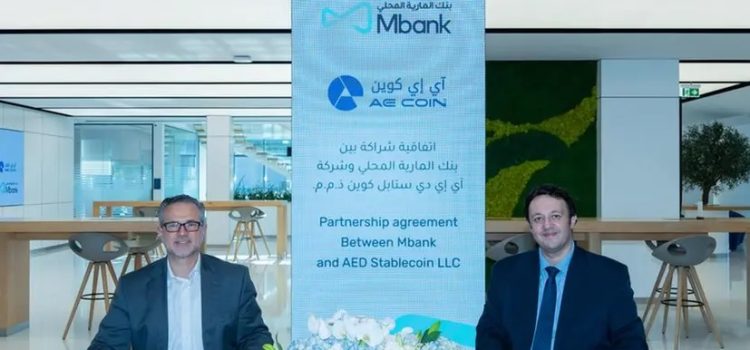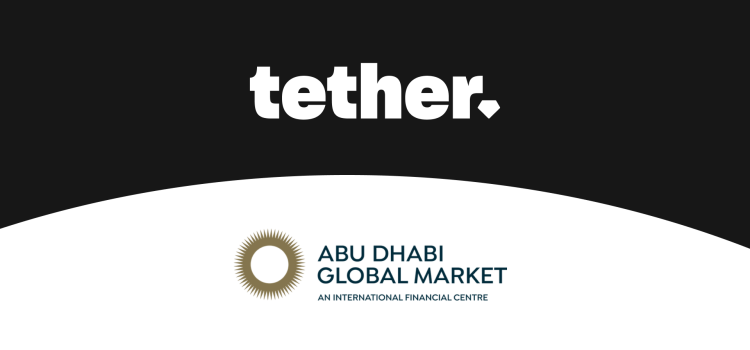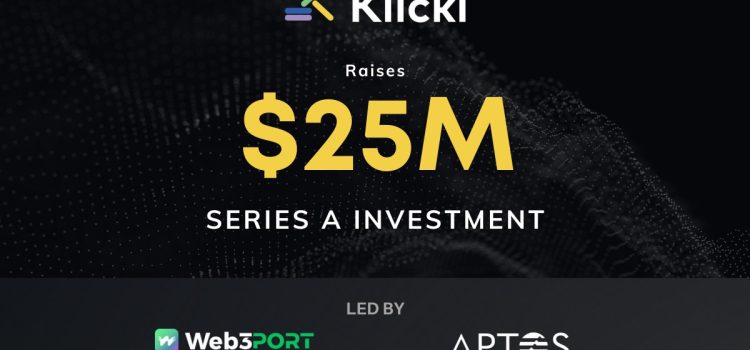
CoinMENA, a regulated crypto broker with licenses in the UAE and Bahrain, is one of the selected crypto exchanges globally to be listing Ripple’s new RLUSD stablecoin on its platform. CoinMENA is the only crypto broker to be chosen by Ripple to list its stablecoin in the MENA region.
Ripple which today launches its Ripple USD (RLUSD) on global exchanges has chosen CoinMENA, Uphold, MoonPay, Archax, Bitso, Bullish, Bitstamp, with Mercado Bitcoin, Reserve, Zero Hash and others expected in the coming weeks.
CoinMENA Founders, Dina Sam’an and Talal Tabbaa commented, “We are proud to be the first and only platform in MENA to list RLUSD, the latest stablecoin in the market. Demand for stablecoins is exploding in the region, driven by diverse and growing use cases, we are seeing from our user base. Stablecoins are by far the most popular use case in the crypto today, and this listing reflects our commitment to providing the latest crypto financial solutions that meet the evolving needs of our users.”
Each RLUSD token is fully backed by U.S. dollar deposits, U.S. government bonds, and cash equivalents—designed to ensure its stability, reliability, and liquidity. To maintain the highest standards of transparency, Ripple will publish monthly, third-party attestations of RLUSD’s reserve assets, conducted by an independent auditing firm.
“Early on, Ripple made a deliberate choice to launch our stablecoin under the NYDFS limited purpose trust company charter, widely regarded as the premier regulatory standard worldwide,” said Brad Garlinghouse, Ripple’s CEO. “As the U.S. moves toward clearer regulations, we expect to see greater adoption of stablecoins like RLUSD, which offer real utility and are backed by years of trust and expertise in the industry.”
Key RLUSD partners include leading global exchanges, market makers, and payment providers, which will drive adoption and usage across the Americas, Asia-Pacific, UK, and Middle East regions.
RLUSD will be utilized for financial use cases and allows institutions to, facilitate instant settlement of cross-border payments, access liquidity for remittance and treasury operations, seamlessly integrate with decentralized finance (DeFi) protocols, and a reliably bridge between traditional fiat currencies and the crypto ecosystem, ensuring a seamless and efficient transition when entering (on-ramping) or exiting (off-ramping) the crypto space.
It will also be used to provide collateralization for trading tokenized real-world assets such as commodities, securities, and treasuries onchain.
Early next year, Ripple Payments will use RLUSD to facilitate global payments on behalf of its enterprise customers. Ripple Payments has served $70 billion in payments volume and counting, and has near-global coverage with 90+ payout markets, which represent more than 90% coverage of the daily FX market.
RLUSD is available on both the XRP Ledger and Ethereum blockchains, offering flexibility and scalability for a broad range of financial use cases.
“Stablecoins could become the backbone of private payments by offering a secure, scalable, and efficient alternative to traditional systems. With its focus on compliance and reliability, RLUSD aims to establish new standards for trust and to play a pivotal role in shaping the future of payments. Joining the Advisory Board provides me an opportunity to counsel RLUSD as it embarks on its journey in the rapidly evolving financial landscape,” said Raghuram Rajan, former Governor of the Reserve Bank of India.
“I am excited to join Ripple’s advisory board at such a pivotal moment for digital finance,” said Kenneth Montgomery, former First Vice President and Chief Operating Officer at the Federal Reserve Bank of Boston. “Stablecoins are rapidly emerging as a cornerstone of the payments landscape, delivering the speed, efficiency, and cost-effectiveness that traditional systems often struggle to achieve. I look forward to collaborating with the Ripple team to support the global growth and adoption of RLUSD, unlocking new opportunities for financial inclusion and modernizing the future of payments.”











